Asheville urban farm at risk of dismantling, community asked to support
ASHEVILLE - Farm manager Chloe Moore is in a season of cultivating the rows of vegetables, fruit and herbs grown at Southside Community Farm to help feed neighbors in the neighborhood and other residents in need.
This spring, rainbow chard, kale, parsley, cilantro, onions and culinary herbs are ready for harvest. Carrots, potatoes, beets, peas, strawberries, lettuce and assorted greens are among the ingredients still in the growing process.
However, produce on the farm may not come to fruition in time for harvest if the Housing Authority of the City of Asheville board members approve a resolution to remove the urban farm from the property at 133 Livingston St.
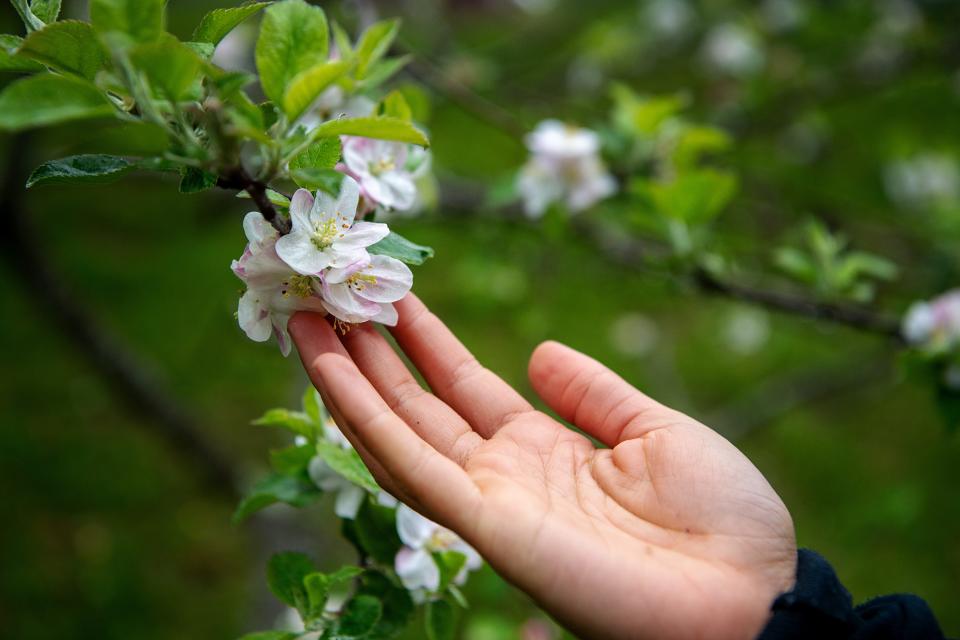
On March 27, at HACA's monthly board meeting, president and CEO Monique Pierre proposed Resolution No. 2024-11 to build a youth play area behind the Arthur R. Edington Education & Career Center where Southside Community Farm uses an estimated .36 acres of land.
Moore said it wasn’t until after the board meeting that she learned that the farm was in jeopardy. As of April 10, Moore said she had not been able to contact HACA members but that the resolution could be voted on as early as April 24 at HACA’s next board meeting.
“We’re not against playgrounds for the neighborhood and for youth in the neighborhood but there is a playground very close by, right across the street at Herb Watts Park,” Moore said. “Our narrative is one community resource should not replace another.”
Southside urban farming
Southside Community Farm, established in 2014 as Southside Community Garden, was founded by local residents to provide food access in a neighborhood that lacked grocery stores. The nearest Ingles is more than three miles away ― an 11-minute drive or more than an hour's walk from the farm.
The Black-led urban farm continues to address food insecurity in the area considered a food desert.
Moore and assistant farm manager Kate Wheeler are the farm’s full-time staff members and rely on a paid summer apprentice and volunteers for assistance with farm tasks and food distribution.
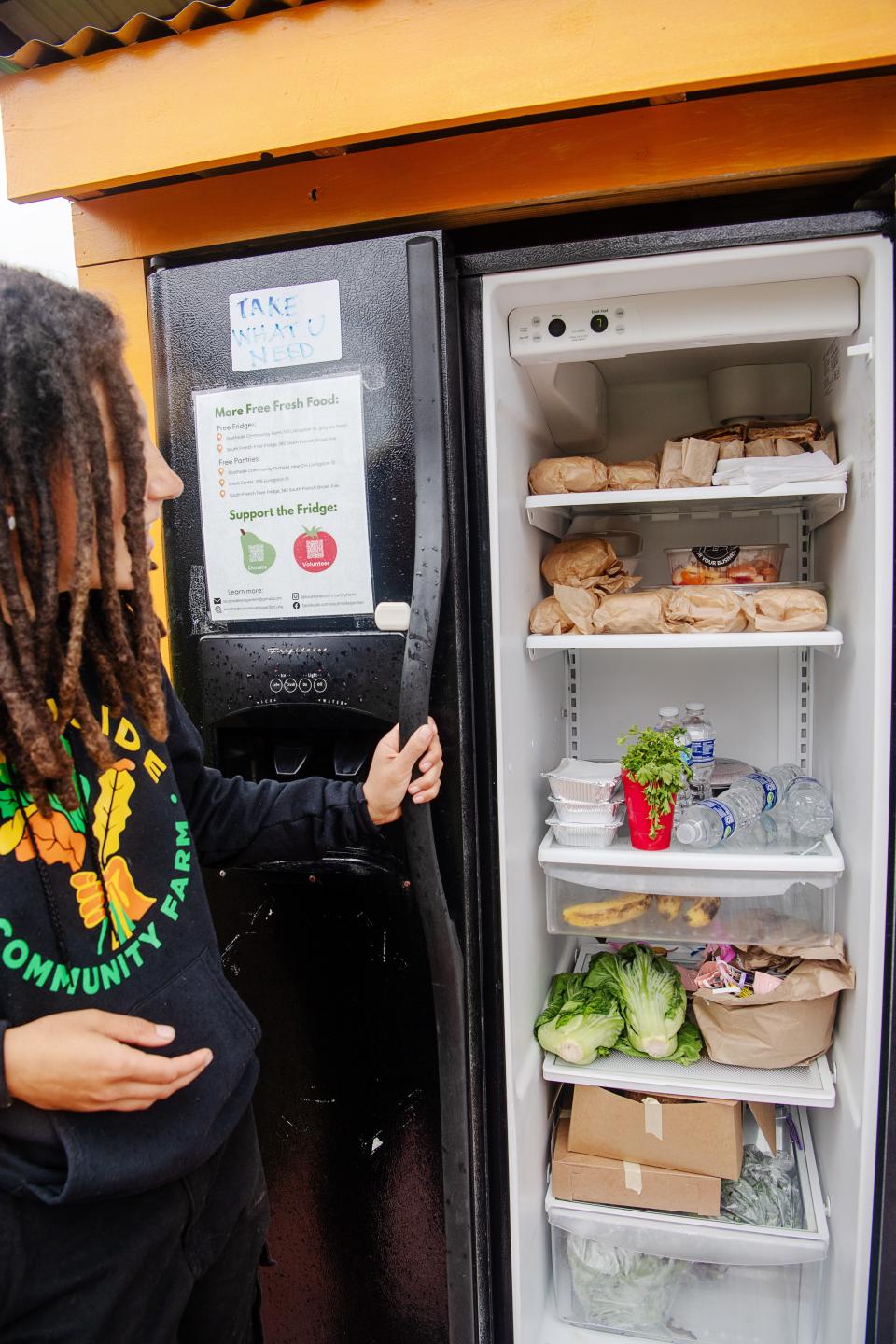
Southside Community Farm, fiscally sponsored by the national nonprofit Fiscal Sponsorship Allies, receives donations and grants, which aid in purchasing farming equipment and supplies and other food from other local farms and farmers markets operated by people of color.
“We’re providing fresh food to anyone who needs it, but we certainly focus a lot of that on public housing and Southside neighborhood, in general,” Moore said.
In 2023, nearly 2,000 pounds of food was grown and harvested by the farmers with more gathered by residents.
An on-site refrigerator offers free food for neighbors to take as needed. Educational programs, like herbal medicine workshops, and communal events are hosted at the farm, open to neighbors and the public. The Feed Asheville Veggie Box program is expected to provide boxes of fresh ingredients to nearly 20 Southside families delivered directly to their homes each week for several weeks this year, she said.
“One of the reasons why food is not accessible to folks is because of vehicle access, so having food delivered directly to people’s homes, especially families with young children or to elders, is one of the many ways we support Southside neighborhood and public housing residents,” Moore said.
Now, Moore is calling on the community to show support to convince HACA’s board members to allow the Southside Community Farm to continue operations on the HACA-owned land.
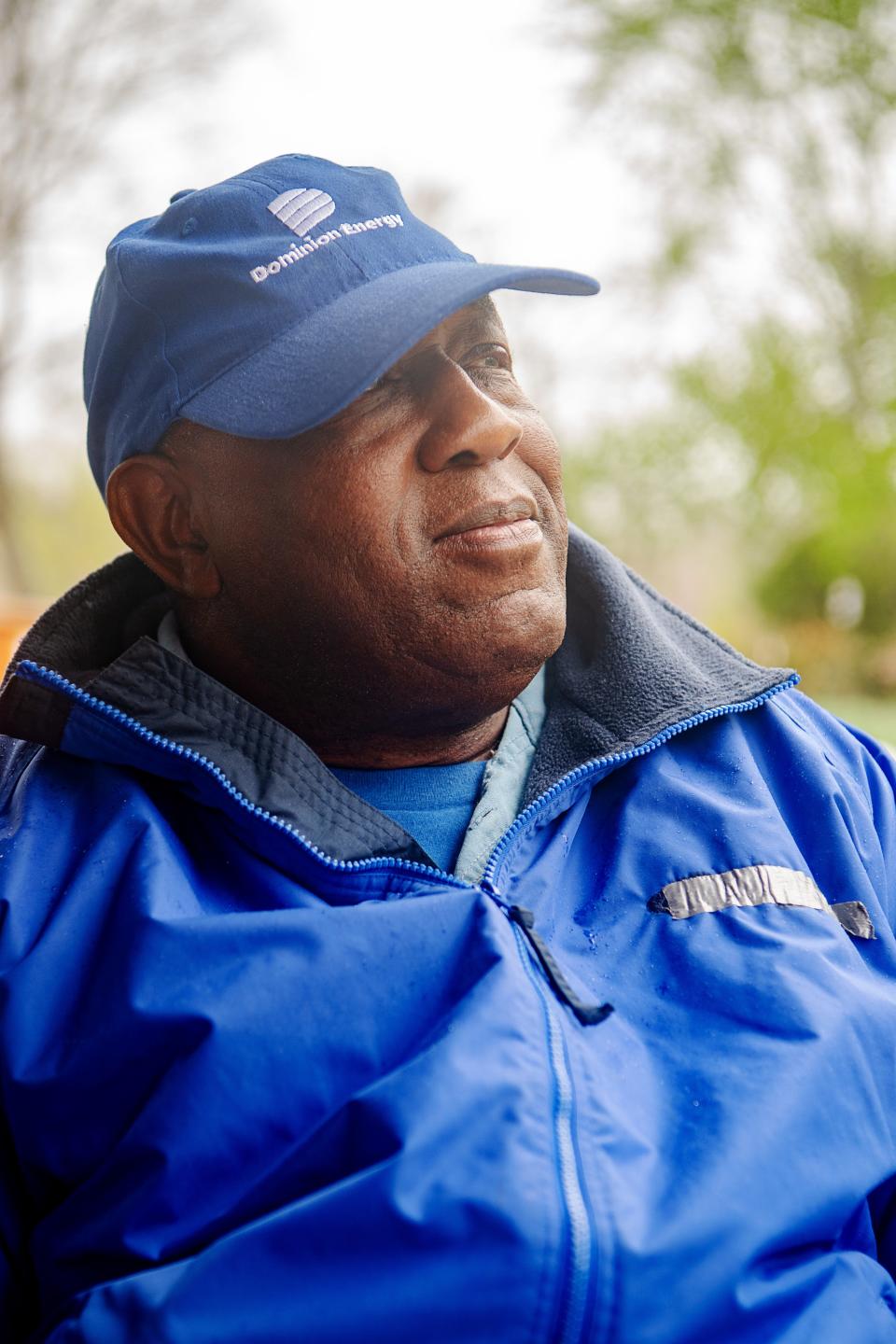
HACA's resolution
Pierre recommended dismantling the farm to build a new play area for Edington Center students ― an estimated 100-120 youth during the school year and more than 150 youth during the summer ― stating that "there is a need for a new, safe Youth play area to further support community engagement including but not limited to sports, crafts, and various other activities."
The resolution states that Southside Community Farm “does not provide a direct benefit to the residents of the HACA in a significant enough manner to justify its use of the HACA property” and claims that the farm and herb garden’s proximity to the Edington Center “has resulted in rodents and infestation in the building.”
Moore, who’s worked on the farm for four years, said she is aware that rats have been seen in and around Edington Center but has not been presented with evidence that the farm is the cause of the vermin and infestation issues.
If passed, the resolution would take effect immediately to remove the farm to prepare for the play area.
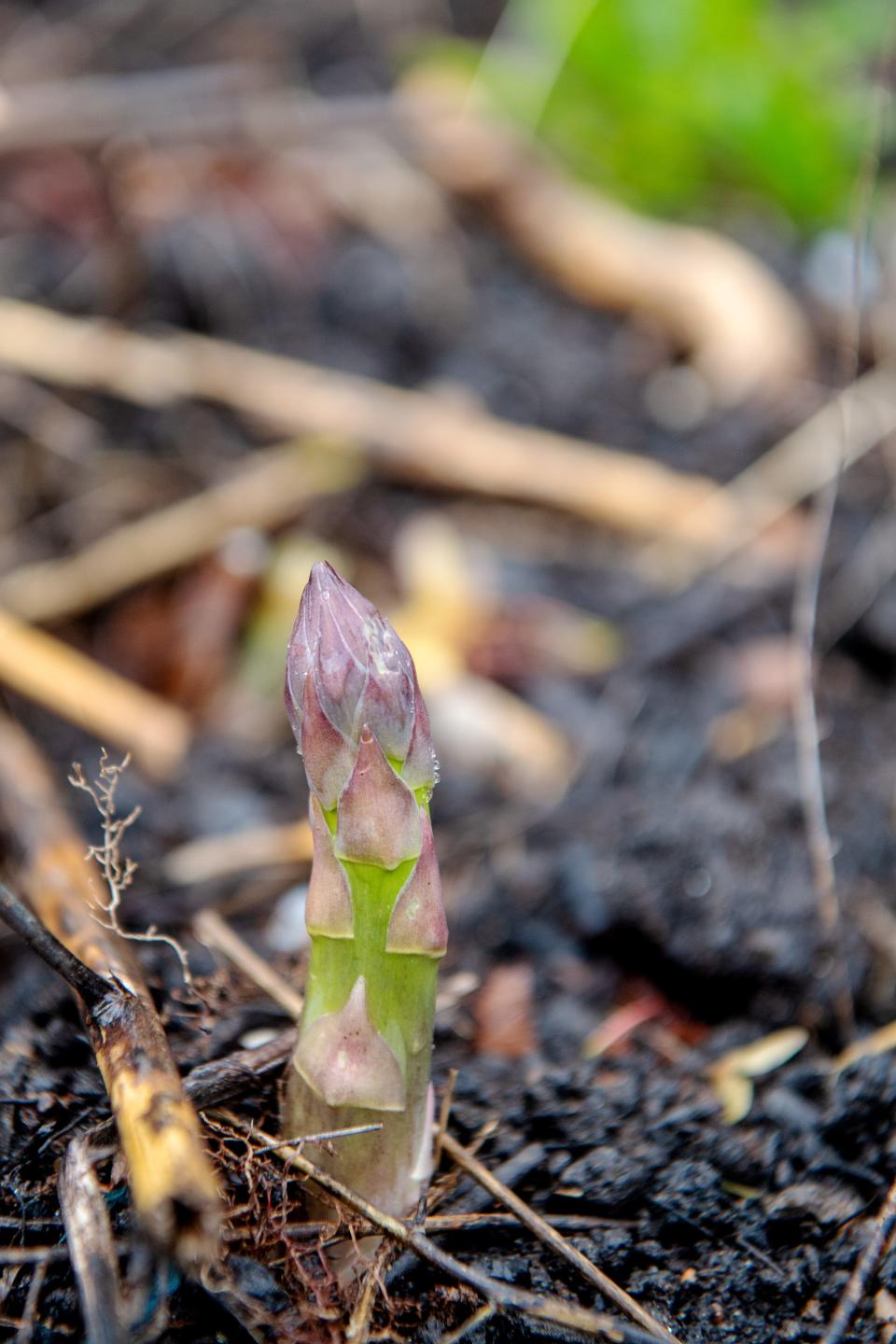
Pierre didn't respond to Citizen Times request for comments on April 11 and April 12, but the resolution states that the new play area is budgeted at an estimated $200,000.
“Let’s make sure that kids have places to play. ... if needed, and more playground space is being built close to the Edington Center, it’s not taking away from a resource that educates youth and supports community members of all ages,” Moore said.
A written leasing contract wasn’t penned when the farm was founded, but the verbal agreement with David Nash, the HACA president preceding Pierre, who came into the role last year, was for “as long as the farm looks nice, we can have it,” Moore said.
Nash didn't respond to Citizen Times requests for comment on April 12 and April 15.
“As nonland owners and as marginalized people, we are at risk because we don’t own land and the Housing Authority hasn’t created a real lease agreement with us, so we’ve always known that puts us in a place of risk,” Moore said.
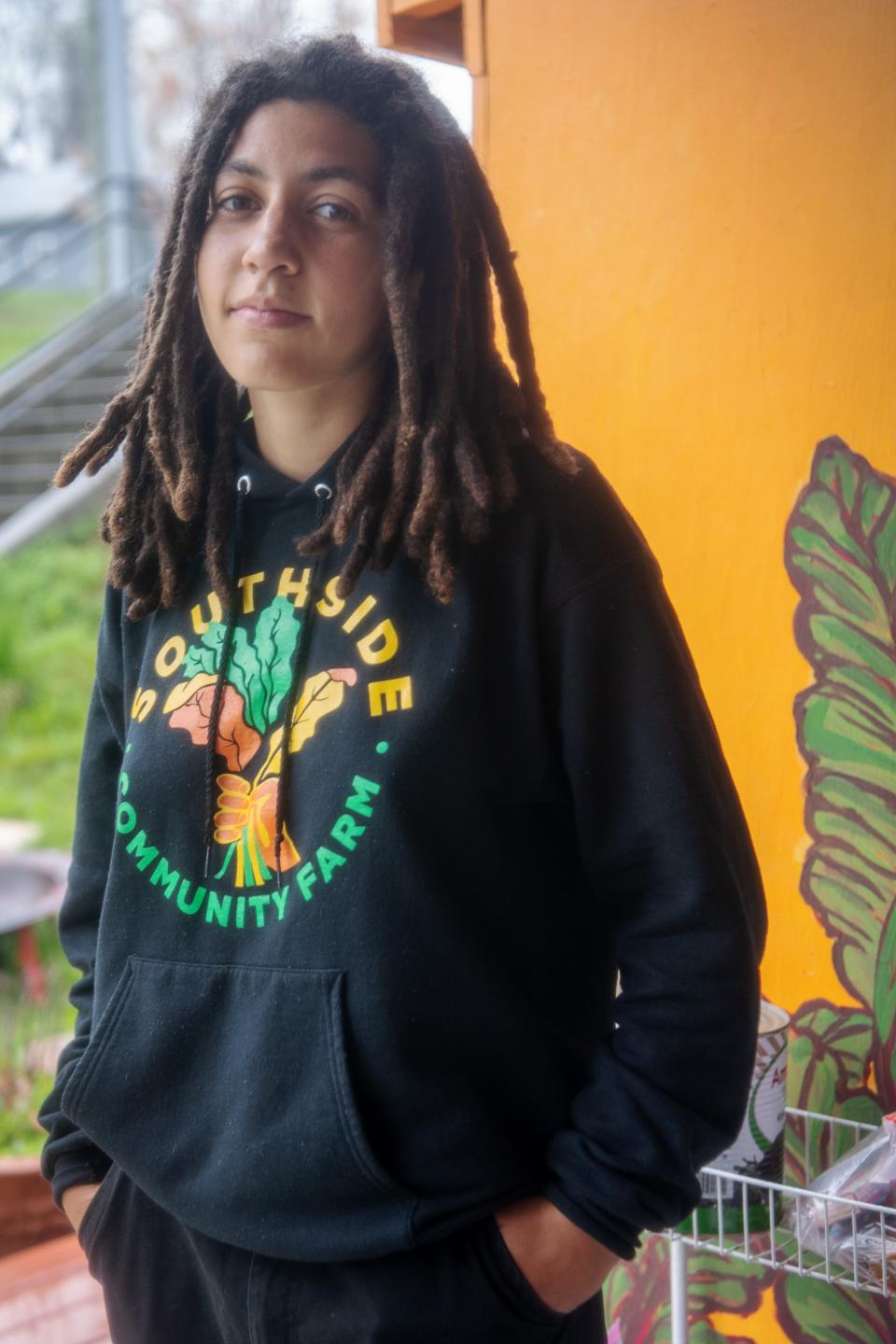
Southside Community Farm's next steps
If Southside Community Farm is forced to leave, Moore said the search will begin to find another location to rebuild.
“We have two smaller farm plots in West Asheville that we’ve been growing food on for a few years, especially for the veggie box program, so we will continue stewarding land and we will continue growing food and we’ll find other locations for other programs like our farmers market and other educational experiences that we provide. It definitely will be a challenge and we won’t have that central location that is so important to the neighborhood.”
The farmers also manage the Southside Community Orchard at 214 Livingston St., which is on HACA-owned land but not addressed in the resolution.
Moore is leading the charge on behalf of Southside Community Farm to rally community support to keep the farm intact and operating.
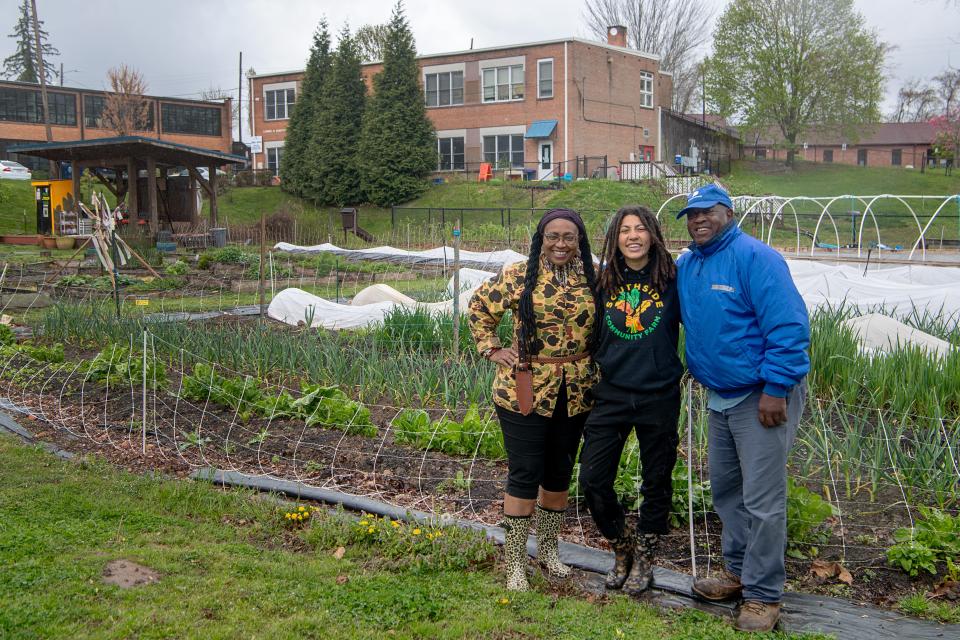
As of April 12, an online petition garnered more than 1,900 signatures.
Supporters are requested to write letters to HACA board members and to speak on behalf of the farm at HACA’s next board meeting, beginning at 6 p.m. April 24 at 133 Livingston St.
Moore said the ultimate solution is to establish long-term land stewardship.
“We don’t want to be in this crisis in the future. We want to have a long-term lease or have the land the Southside Community Farm goes into be a land trust or be held otherwise by the community,” Moore said. “Another way to do that is to transfer that land ownership to SUNA — the Southside United Neighborhood Association ― so it’s held by the community.”
For more details, visit southsidecommunitygarden.org/save-the-farm/.
Stories you may have missed:
Asheville's little corner of agriculture paradise brings communities together
How Hickory Nut Gap became a staple on Asheville farm-to-table restaurant menus
Beyond the gates, Biltmore Estate's deep-rooted agro-world revealed
Chef's tastings, farm tours, a rescue goat named Sundae: a day at Montgomery Sky Farm
Tiana Kennell is the food and dining reporter for the Asheville Citizen Times, part of the USA Today Network. Email her at tkennell@citizentimes.com or follow her on Instagram @PrincessOfPage. Please support this type of journalism with a subscription to the Citizen Times.
This article originally appeared on Asheville Citizen Times: Southside Community Farm seeks support to keep using HACA-owned land

